In our previous post An Ultimate Guide to Virtual Private Networks, we give you brief information on how VPNs work and how you can use them. But do you know a VPN can also be used to unblock geographically restricted content?
Geographically restricted content refers to any type of digital content, such as websites, videos, music, or applications, that is only available in certain geographic locations. This could be due to legal or licensing restrictions imposed by the content owner or service provider.
For example, a video streaming service like Netflix might have different libraries of movies and TV shows available in different countries, due to licensing agreements with the content creators.
When you try to access restricted content from a location where it’s not available, you’ll usually get an error message indicating that the content is not available in your region. By using a VPN, you can change your virtual location and bypass these restrictions, allowing you to access the content as if you were located in a different country.
How can a VPN unblock geographically restricted content
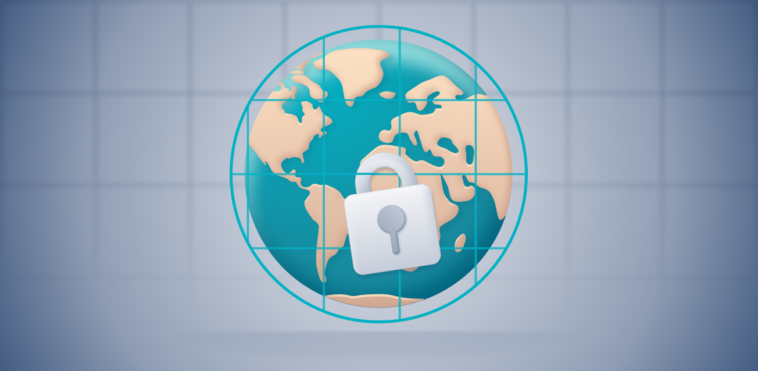
A VPN unblocks geographically restricted content by masking your IP address and routing your internet traffic through a server located in another country. This makes it appear as if you’re accessing the internet from a different location, and enables you to bypass geographical restrictions. Here’s how it works:
You connect to a VPN server in a country where restricted content is available.
The VPN encrypts your internet traffic and sends it to the server.
The server then decrypts your traffic and sends it to the internet.
When the restricted content server receives the request, it sees the IP address of the VPN server instead of your real IP address and thinks you’re located in the country where the VPN server is located.
As a result, the server sends the content back to the VPN server, which then forwards it to you.
By using a VPN for Mac or Windows, you can effectively bypass geographical restrictions and access content that would otherwise be unavailable in your location. This is particularly useful for people who travel frequently, or who live in countries with strict internet censorship policies.
In addition to bypassing geographical restrictions, using a VPN can also provide other benefits such as online privacy and security. A VPN encrypts your internet traffic, making it more difficult for others to intercept or monitor your online activity. This can protect your sensitive information, such as login credentials and financial information, from being stolen by hackers or other malicious actors.
And because a VPN changes your IP address and location, it can also help you access websites and services that are blocked or restricted in your country. Whether you’re a traveler looking to access content from home, or a resident in a country with strict internet restrictions, a VPN can provide a way to unblock geographically restricted content and enjoy a more open and secure internet experience.
The best VPNs for unblocking geographically restricted content
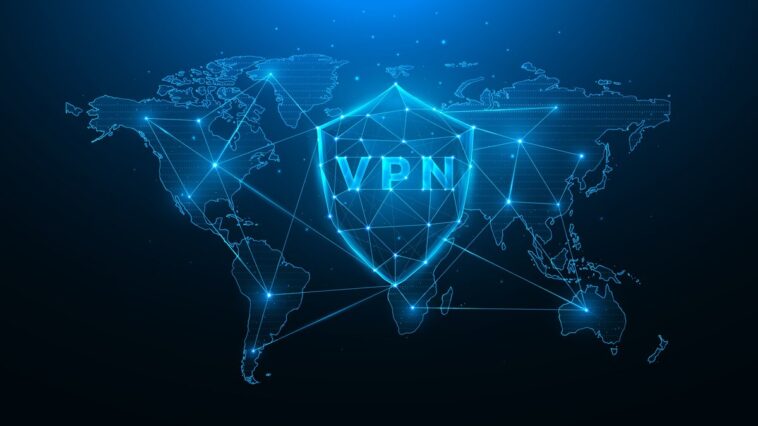
It’s difficult to determine the best VPN for unblocking geographically restricted content, as different VPNs may have different strengths and weaknesses, and what works well for one person may not work as well for another. However, here are some VPNs that are often recommended for unblocking restricted content:
NordVPN: NordVPN is a popular choice for unblocking restricted content, with a large network of servers in many countries around the world. It has a strong focus on privacy and security and offers a no-logs policy and robust encryption.
ExpressVPN: ExpressVPN is another VPN that’s often recommended for unblocking restricted content, with a fast network of servers in over 90 countries. It offers strong privacy and security features and has a user-friendly interface that’s easy to use.
Surfshark: Surfshark is a budget-friendly option that offers a large network of servers in over 60 countries, and supports multiple simultaneous connections. It also has strong privacy and security features, and a no-logs policy.
CyberGhost: CyberGhost is a user-friendly VPN that’s well-suited for unblocking restricted content, with servers in over 90 countries. It offers strong privacy and security features and has a simple interface that’s easy to use.
iTop VPN: iTop VPN is a new baby in the VPN market, but it’s highly recommended if you are new to this industry and want to try a VPN free. It can also help you get access to the sites and apps that are unable to access in some locations.
And here, we’d like to provide more info about iTop VPN.
More About iTop VPN
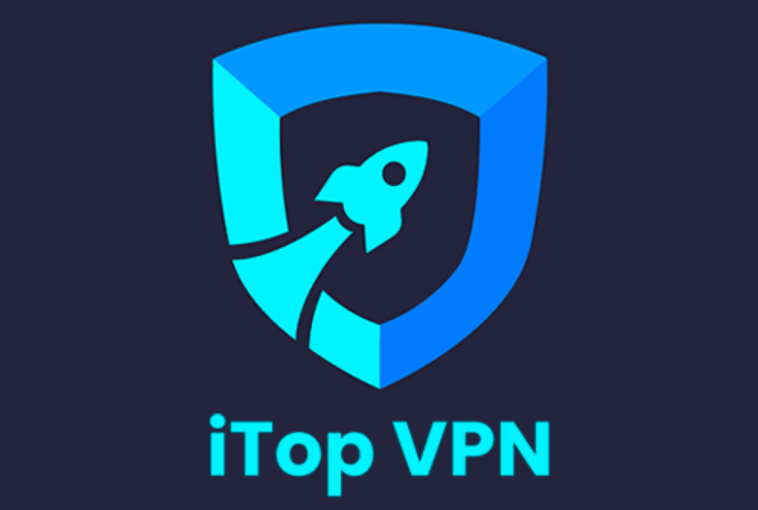
iTop VPN is a popular VPN service that offers many benefits to its users, but like any other product, it also has its drawbacks. In the following content, we will examine the pros and cons of iTop VPN to help you decide if it is the right VPN service for you.
Pros:
High-speed servers: iTop VPN has a vast network of servers located in over 100 locations around the world, providing fast and reliable connections to users. The servers are optimized to provide the best possible speed and performance, and users can choose the server closest to their location for the best experience.
Unlimited bandwidth and data usage: iTop VPN provides users with unlimited bandwidth and data usage, allowing them to stream, download, and browse the internet without any restrictions. This is an excellent feature for users who require a lot of data usage.
Strong security: iTop VPN uses advanced encryption technologies like AES-256 to secure users’ data and protect them from online threats like hackers, malware, and phishing attacks. The VPN service also has a strict no-logging policy, meaning that it does not track or store any user data.
Multi-platform support: iTop VPN is available on multiple platforms, including Windows, Mac, iOS, and Android, allowing users to access the VPN service on any device they use.
User-friendly interface: iTop VPN has a user-friendly interface that is easy to navigate and use, even for those who are new to VPNs. The VPN service also provides excellent customer support, with a 24/7 live chat feature and an extensive knowledge base.
Cons:
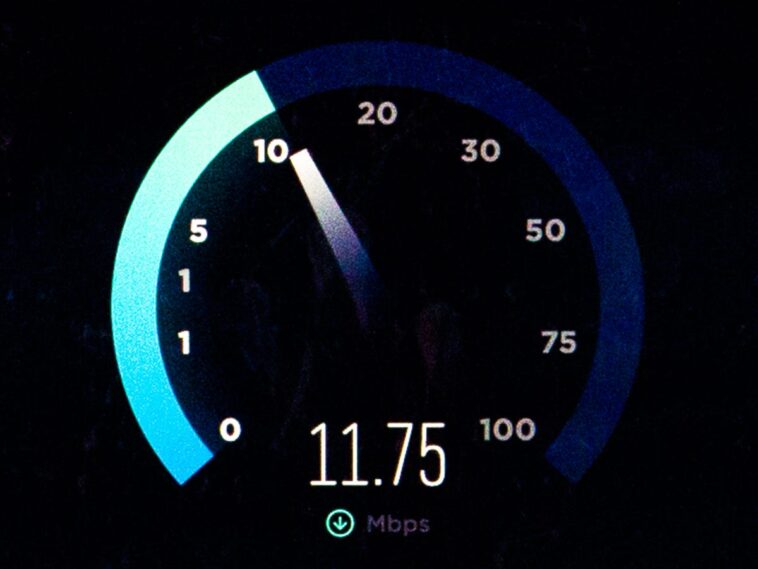
Limited server locations: While iTop VPN has a vast network of servers, some users may find that it does not have servers in certain locations that they require. This can be a significant disadvantage for users who need to access content from specific countries.
No free trial: Unlike some other VPN services, iTop VPN does not offer a free trial, meaning that users cannot try out the service before purchasing it. This can be a significant disadvantage for users who are unsure if iTop VPN is the right VPN service for them.
Speed may vary: While iTop VPN provides fast and reliable connections, the speed can vary depending on the user’s location, the server location, and the type of internet connection. Some users may experience slower speeds than others, which can be a significant disadvantage.
Limited payment options: iTop VPN currently only accepts payment via credit card and PayPal, which can be a disadvantage for users who prefer to use other payment methods like Bitcoin or other cryptocurrencies.
No ad-blocker: iTop VPN does not come with an ad-blocker feature, meaning that users may still see ads while using the VPN service. This can be a disadvantage for users who want to block ads and pop-ups while browsing the internet.
The Bottom Line
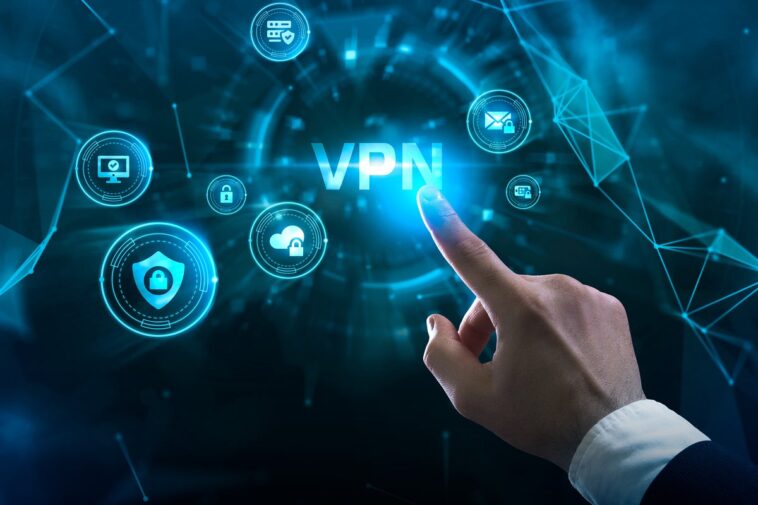
In conclusion, using a VPN is an effective and efficient way to unblock geo-restricted information. A VPN may mask your real IP address and make it appear as though you are located in another region by routing your online traffic through a server in a different location.
This gives you the ability to get around geographical restrictions and access stuff that isn’t available where you are. Even though using a VPN may not always guarantee access to all geo-restricted information, it is still a useful tool for people who need to access content that is restricted because of their location.




